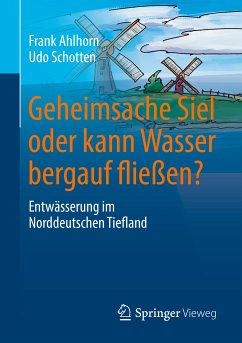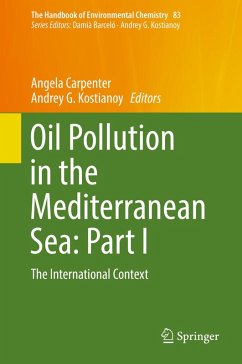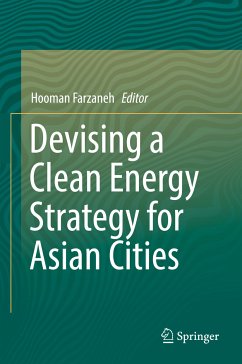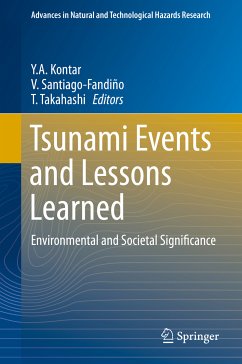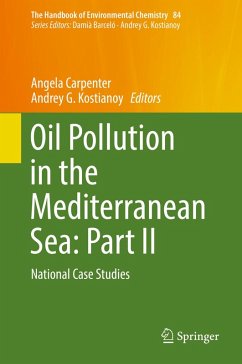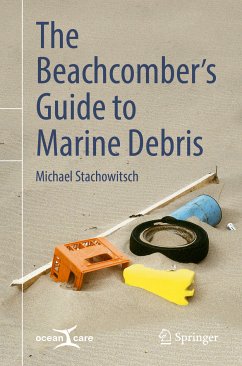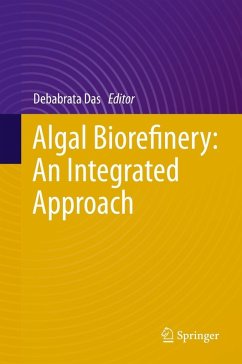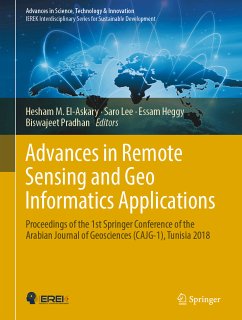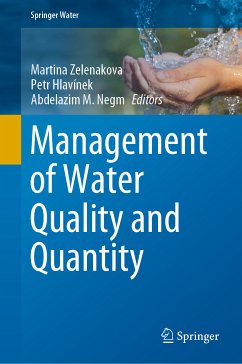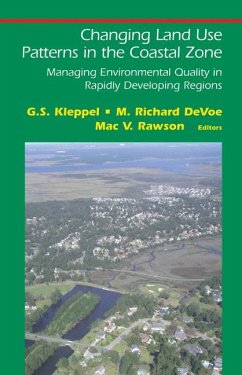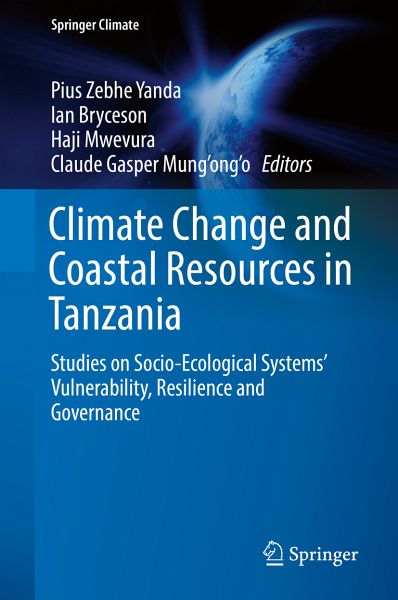
Climate Change and Coastal Resources in Tanzania (eBook, PDF)
Studies on Socio-Ecological Systems' Vulnerability, Resilience and Governance
Redaktion: Yanda, Pius Zebhe; Mung'ong'o, Claude Gasper; Mwevura, Haji; Bryceson, Ian
Versandkostenfrei!
Sofort per Download lieferbar
72,95 €
inkl. MwSt.
Weitere Ausgaben:

PAYBACK Punkte
36 °P sammeln!
This volume synthesizes research from a five year program supported by the Norwegian Agency for Development to assess how coastal communities in Tanzania can adapt to climate change impacts such as sea level rise, and better assert their rights to implement decisions regarding coastal resource management in the context of global climate change. Throughout ten chapters, the book deploys a holistic approach to adopt a conceptual model of socio-ecological systems, and characterize human-nature interactions in an integrative way to understand anthropogenic pressures on ecosystems to guide conserva...
This volume synthesizes research from a five year program supported by the Norwegian Agency for Development to assess how coastal communities in Tanzania can adapt to climate change impacts such as sea level rise, and better assert their rights to implement decisions regarding coastal resource management in the context of global climate change. Throughout ten chapters, the book deploys a holistic approach to adopt a conceptual model of socio-ecological systems, and characterize human-nature interactions in an integrative way to understand anthropogenic pressures on ecosystems to guide conservation and management. The book will be of interest to researchers, students studying environmental management and climate change, planners, and policy makers.
The book begins by describing the biophysical and socio-economic characteristics of the Tanzanian coastal environment, then discusses the impacts of climate change on coastal resource governance, community vulnerability, and livelihood security. Then, intervention strategies are offered as a means for local communities to not only adapt to climate change impacts, but also to engage in decision-making processes to assess vulnerabilities and address challenges and limitations through educated measures. The final chapters discuss the vulnerability and adaptation of coastal communities to climate change impacts to assess how livelihoods are constructed in response to impacts, and summarize the key findings to determine the best adaptation strategies to improve adaptive capacity and reduce socio-economic vulnerability.
Dieser Download kann aus rechtlichen Gründen nur mit Rechnungsadresse in A, B, BG, CY, CZ, D, DK, EW, E, FIN, F, GR, HR, H, IRL, I, LT, L, LR, M, NL, PL, P, R, S, SLO, SK ausgeliefert werden.



